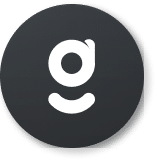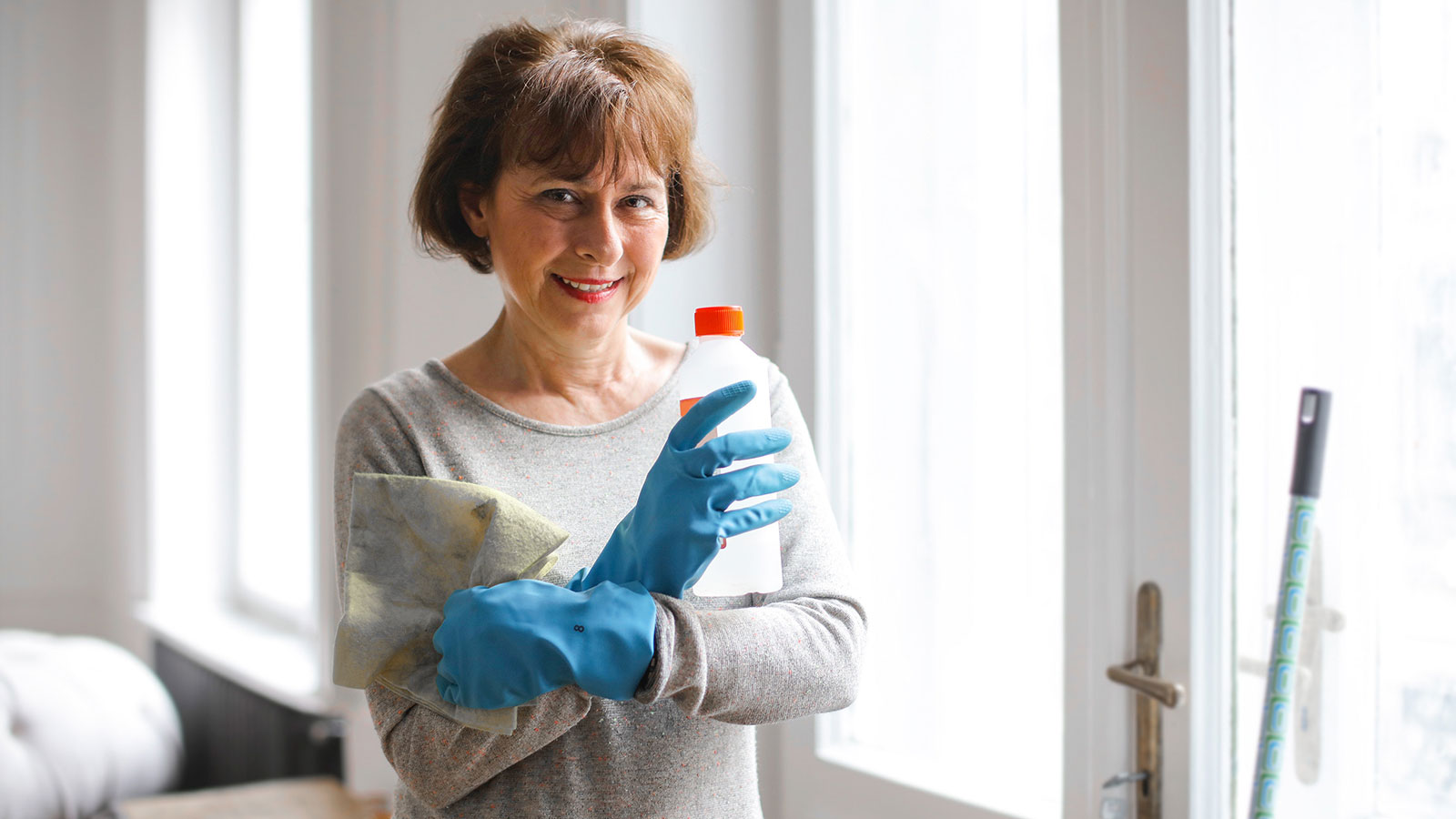Airbnb is what two guys started in a San Francisco apartment with some spare space and a couple of air mattresses had morphed into a global corporation worth $31 billion until it almost crashed this year.
Airbnb, the brainchild of Brian Chesky and Joe Gebbia, was born in 2007 when an Industrial Design conference claimed most of the hotel rooms in the Bay area. With guests having no place to stay, Brian and Joe saw an opportunity to make a few extra bucks. Who knew it would take off?
And take off it did! When homeowners and real estate investors caught wind of this simple but ingenious business model, many wanted in. In a little more than a decade, Airbnb had bloomed into a global staple in the hospitality industry. Then, this Spring, the company took a $13 billion nosedive. What happened? Unless you’ve been living alone on a private island with no phone, Internet, or TV, you know what happened.
COVID-19 has ravaged the hospitality industry, but no one has suffered more than private Airbnb hosts. As small business owners without corporate financial backing, it looked like this cottage industry might need to board up. But thankfully, the kind of resourcefulness and ingenuity that launched Airbnb looks to be stirring during the company’s darkest time.
So, how is Airbnb helping its hosts cope with the pandemic?
Airbnb Steps in to Counter COVID
Airbnb recognized it has no business if it has no properties to lease. Consequently, the company launched efforts to ease the pain its property owners were feeling.
First, on March 30, Airbnb set up a $250 million fund to cover a portion of the cancellation fees that Airbnb waived because of the pandemic. Airbnb paid owners 25 percent of the expected cancellation fee for canceled reservations between March 14 and May 31, 2020.
At the end of April, Airbnb announced its Enhanced Cleaning Initiative to encourage property owners to meet CDC cleaning guidelines to ensure guest safety and peace of mind. Airbnb notes that the initiative does not override protocols required by local or state authorities.
Under the initiative, Airbnb asks property managers to leave the room or property vacant for 24 hours after the guests leave before cleaning. Cleaning then should be completed with products from an approved list as recommended by the Centers for Disease Control.
Airbnb also gives owners the opportunity to institute a booking buffer of 72 hours between guest stays, providing guests the assurance that no virus could be lingering from a previous occupant.
Owners are not required to follow the Enhanced Cleaning Initiative, but Airbnb notes on the booking site which owners are participating.
More Steps Owners Can Take
Besides participating in the Airbnb Enhanced Cleaning Initiative, property owners can take further steps to enhance guest safety and confidence.
Reducing contact between guests and owners or staff should be a top priority. But even adding coded key holders cannot ensure complete safety as the virus can linger on plastic and metal surfaces for up to 72 hours, depending upon the material.
Smart locks provide better safety, as they require either a pin-pad entry or use of an app on the guest’s mobile device. Many companies offer these locks, though most use only one entry method.
Pin-pads might offer a minor risk, but owners can assure guests they have sanitized the surface or encourage guests to use their own sanitizing wipes. The app method presents a different problem as some guests might be hesitant to download yet another app to their phones to access an Airbnb location for a night or two.
Goki’s smart locks offer both functions: a Bluetooth-enabled app and a pin-pad option. For added protection, Goki injects their locks with a special antimicrobial additive that makes the surface 99 percent germ-free and COVID-safe.
Learn more about COVID-safe Goki smart locks.
Future Looking Up for Airbnb
As grim as the situation looked in the spring, Airbnb bookings began to rebound during the summer and fall as people learned to travel and interact more safely.
Two bright points emerged especially for Airbnb owners:
- Travelers showed a preference for booking homes over hotels, where they could interact with their safe circle of friends and family without the public mingling created at hotel environments.
- Travelers also looked away from the urban centers for their travels. Bookings were stronger in smaller metros and rural areas as families looked to get out of their home confinements and into more open air.
These trends actually allowed Airbnb to turn a surprising profit in the third quarter and revive its long-delayed effort to go public.
The good news about Airbnb bookings seemed to be reflected in the company’s long-awaited public offering in early December. The IPO opened with an asking price of $68 a share, which put the company’s valuation back up in the $35 billion range.
Crazy bidding pushed the opening price to $146 billion at the Nasdaq opening bell and climbed as high as $165 during the day before settling just under $145. That kind of share price pushed the company’s valuation to $100 billion, a shift that surprised even company CEO Brian Chesky. That might represent a little irrational exuberance from traders, but investors are looking beyond the COVID storm.
With vaccines being approved and distribution beginning, hope for an end to the pandemic is growing and has all of us thinking beyond 2020.
Airbnb Prepping for the New Normal
All of these promising trends lead many to believe we’re getting closer to returning to normal. The astute business owner is going to understand that they need to prepare for a new normal.
People are going to continue to be cautious about exposing themselves to health risks. We might weather this pandemic, but people are aware that another pandemic might come. And health precautions are going to be an important factor in that new normal.
The property owners who take the steps now to ensure their guests’ safety and health, not only during the pandemic, but into the future, will realize the return on that investment with higher frequency bookings and loyal, returning guests.
Guests will appreciate and expect the contactless, touchless, keyless entry options provided by the caring property owner.
Whether you’re an established Airbnb host or trying to get into this exciting business, you’ll want to explore how smart locks can make your property a desirable destination for guests. Click the button below to connect with a Goki representative and learn more about our touchless, COVID-safe devices.




Join the discussion 3 Comments